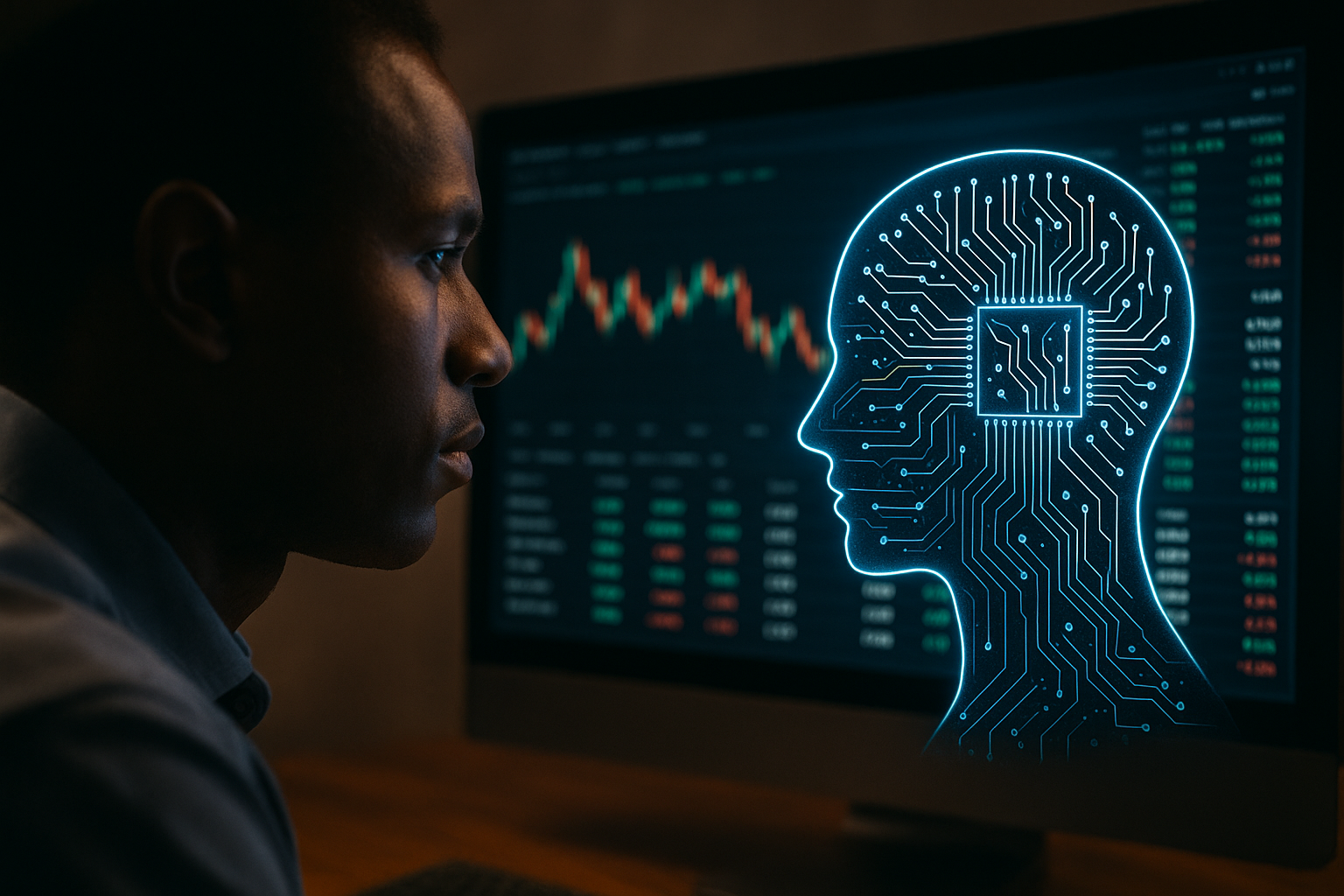The Influence of Artificial Intelligence on Financial Markets
The financial market is a complex system with numerous variables at play. It is continually responding to various inputs, including economic indicators, political events, and technological advancements. One technological innovation transforming the financial sector is Artificial Intelligence (AI). This article explores the impact of AI on financial markets, shedding light on the benefits, risks, and real-world applications of this emerging trend.

A Glimpse into the Past: The Intersection of Finance and Technology
To fully appreciate the impact of AI on the financial markets, it’s crucial to understand the historical relationship between finance and technology. Since the advent of the stock ticker in the late 19th century, technology has always played a pivotal role in shaping financial markets. Over the years, advancements like electronic trading, algorithmic trading, and high-frequency trading have revolutionized the way markets operate. Today, AI stands at the forefront of this technological revolution.
AI in Today’s Financial Markets: The Current Landscape
AI is being adopted across various aspects of financial markets, from risk management to trading strategies and predictive analysis. AI-powered algorithms are capable of processing vast amounts of data at exceptional speeds, enabling quicker and more informed decision-making. For instance, hedge funds and investment banks use AI to develop complex trading strategies that can adapt to changing market conditions in real-time.
Evaluating the Impact: Pros, Cons, and Potential
The use of AI in financial markets offers several advantages. It enhances efficiency, improves accuracy, and allows for more sophisticated risk assessment. However, the use of AI also presents certain risks. For example, AI systems can make unforeseen errors, and their decision-making process can be opaque, leading to a lack of transparency.
Despite these challenges, the potential of AI is immense. It can help identify hidden patterns in market data, predict market movements, and automate manual processes, among other things. As financial markets become more complex and interconnected, AI’s role is set to increase further.
Practical Insights for Navigating AI in Financial Markets
-
Understand the basics: Familiarize yourself with AI concepts and how they apply to finance.
-
Stay updated: Keep abreast of the latest AI developments and their implications for financial markets.
-
Evaluate potential risks: Consider the possible downsides of AI, such as system errors and lack of transparency.
-
Leverage AI wisely: Use AI as a tool to enhance decision-making, not as a replacement for human judgment.
Closing Thoughts
The intersection of AI and financial markets represents a new frontier in finance. As is always the case with emerging trends, there are both opportunities and risks involved. By understanding the implications of AI, market participants can better navigate this new landscape and potentially gain a competitive edge. The key lies in leveraging AI’s capabilities wisely and staying abreast of the latest developments in this dynamic field.




